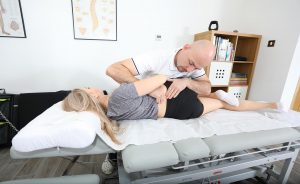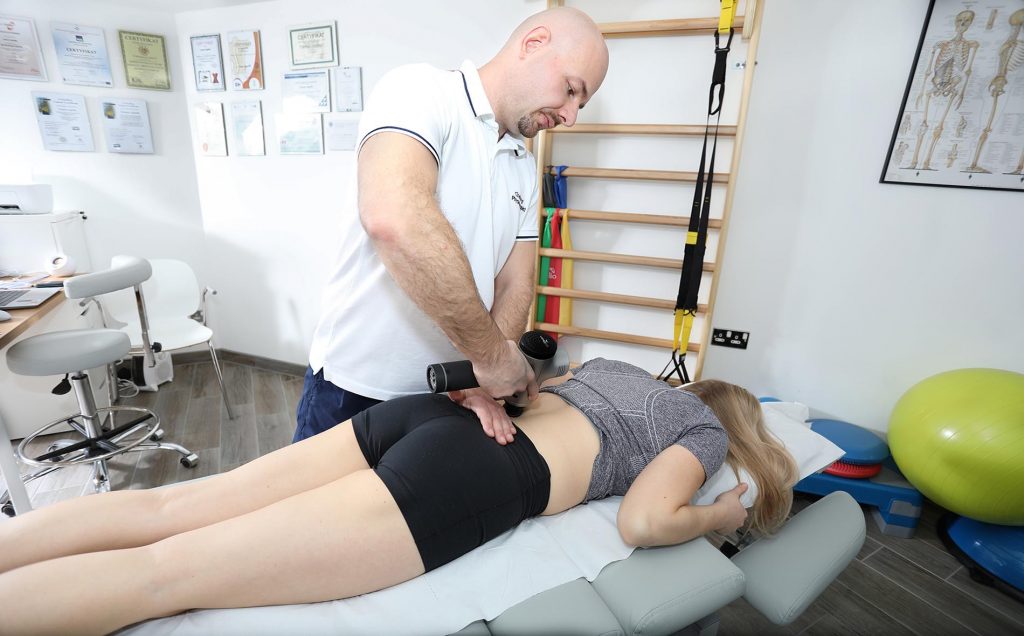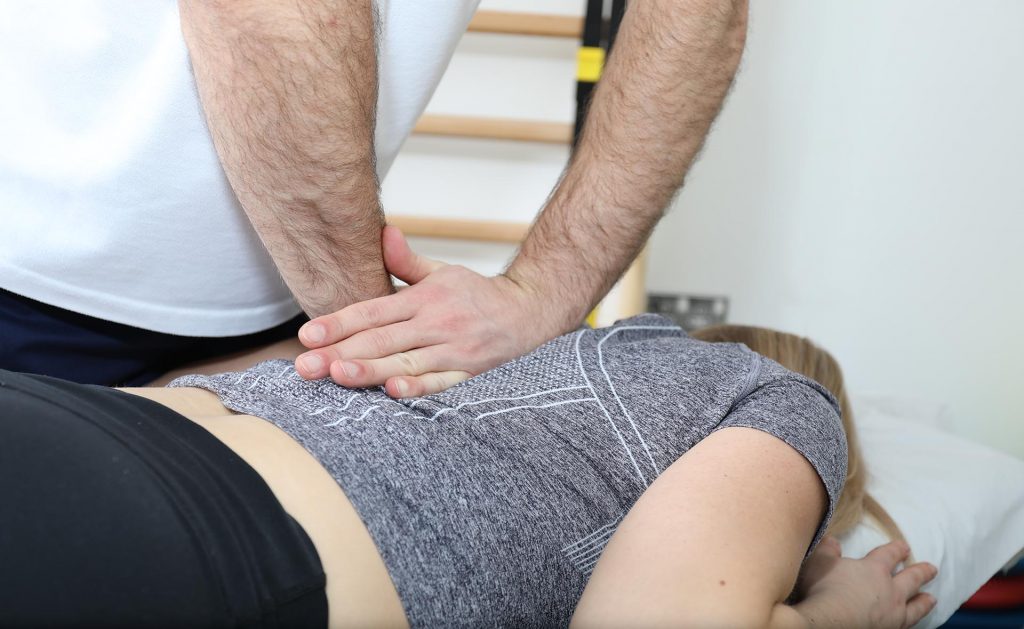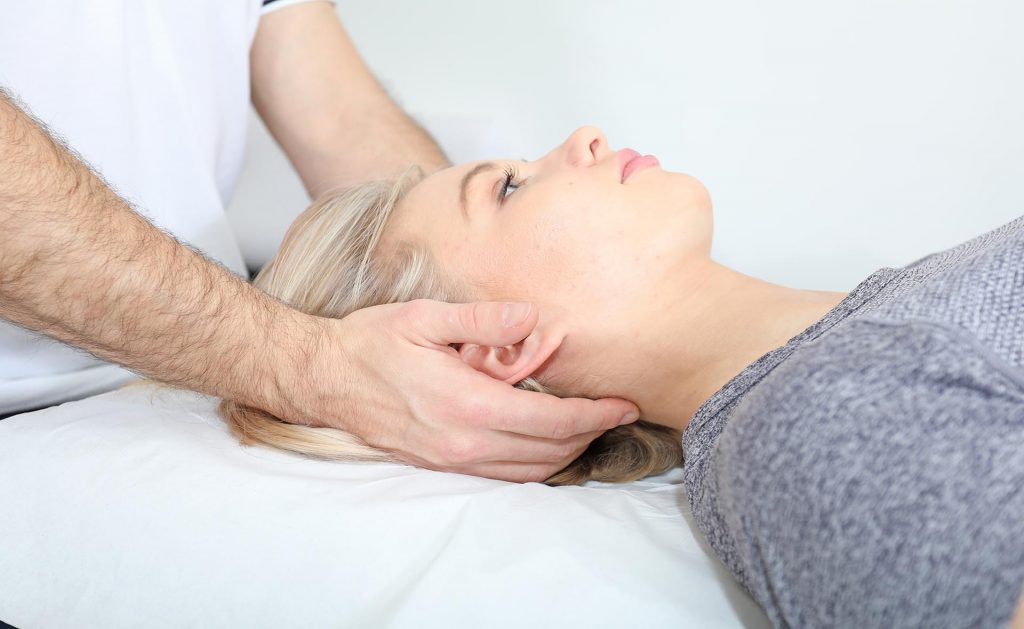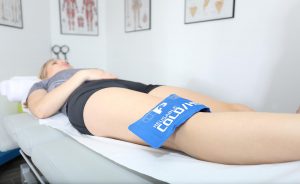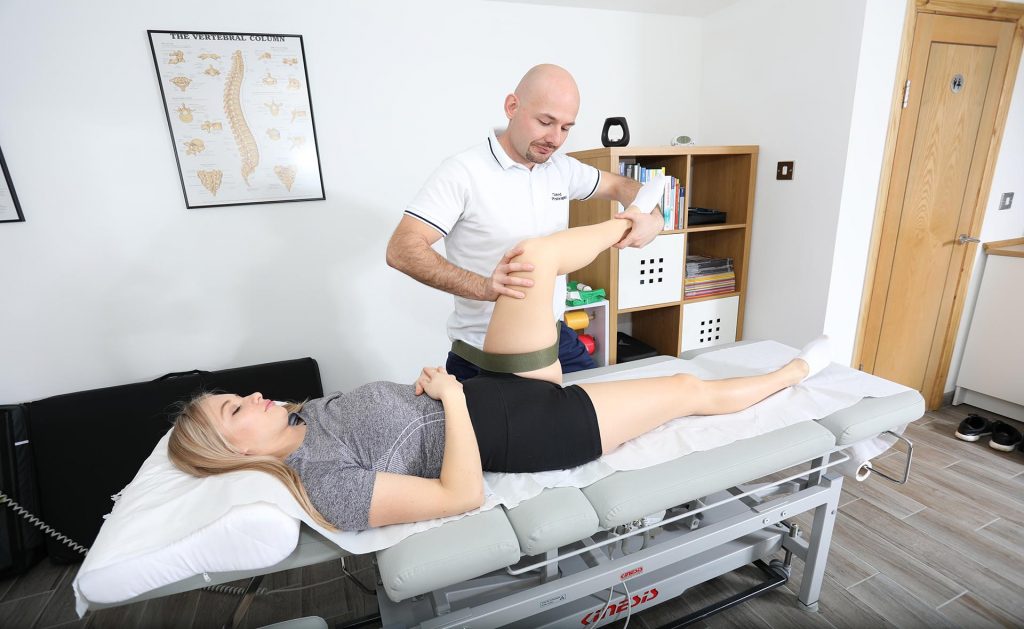USG Diagnostic Imaging in Southampton
PhysioCraft offers ultrasonic diagnostic imaging in Southampton to help diagnose a variety of musculoskeletal problems. Thanks to accurate diagnostics using ultrasound, it is possible to introduce an optimal rehabilitation process that will quickly restore you to full fitness.
Ultrasound diagnostic imaging in Southampton
PhysioCraft is offering ultrasound diagnostic imaging in Southampton to aid the diagnose of variety musculo-skeletal problems. Traditionally, the use of diagnostic ultrasound was limited to radiologists only. But in recent years, diagnostic ultrasound imaging has expanded outside this area into other health departments like physiotherapy, emergency medicine, and anesthesiology.
Diagnostic ultrasound in physiotherapy is used to assess muscles, ligaments, tendons, nerves, and bones to measure the dimensions of these structures and observe their pathologies or particular participation in certain movement.
At Physiocraft, we use ultrasound diagnostic imaging to provide visual biofeedback to the patients so they may observe the results of their efforts while performing prescribed exercises.
For example, patients with shoulder impingement syndrome can see in live if during certain exercise or movement the head of humerus is rubbing on the acromion.
Ultrasound is a tool to assess the activation of specific muscles in various conditions such as abdominal muscles after pregnancy or gluteal muscles in hip joint pain. This is beneficial because, in certain painful conditions, some stabilizer muscles become inactive which create muscle imbalance. Assessment and training of these inactive or inhibited muscles help relieve the patient’s pain.
We also use diagnostic ultrasound imaging together with other physiotherapy methods like neuro-modulation and electric dry needling. Under the guidance of ultrasound imaging, there are more chances of targeting precise structures for better outcomes.
Diagnostic ultrasound imaging also helps us in periarticular interventions like intra-articular injections or arthrocentesis when high precision is required to point directly into painful structure.
Book your appointment
Ultrasound examination in physiotherapy
The ultrasound examination that we conduct is completely safe and non-invasive. It leaves no side traces and does not cause pain to our patients. Ultrasound examination of soft tissues can be performed with high frequency, but its main contraindication is skin lesions and wounds. The purpose of the examination is to check the functional assessment by a specialist and to monitor the condition of the tissues in real time. It is important and at the same time valuable in the case of tissue healing after surgeries and surgeries. Performing an ultrasound scan is safe and can be performed each time during visits to our office. We use the latest ultrasound machines that allow us to adjust the rehabilitation process and tissue load to their current condition.
Ultrasound allows for the detection of diseases and tissue damage, as well as for an accurate diagnosis, especially when there is a risk of missing significant damage. Sometimes the most important thing is to detect contraindications to therapy and refer the patient to another specialist to assess the pathologies present. If you are looking for a physiotherapeutic office and a specialist who will be able to accurately diagnose and implement an optimal rehabilitation process, adequate to the pathologies, please contact us!
Diagnostic ultrasound
Diagnostic ultrasound is a simple, several-minute process (10-30 minutes maximum) in which a small hand-held device called a transducer is pressed against the area under examination and moved accordingly. This transducer sends sound waves into your body and collects those that bounce back to produce images by sending them to your computer. A gel is applied between the head and the body area to prevent air pockets that can block the sound waves. The process is risk-free, but some people may experience a slight annoyance. While this is a harmless process, it should be avoided in the presence of active infections and implantable devices such as pacemakers.
At Physiocraft, we carefully assess the patient using diagnostic ultrasound imaging, if necessary, and select the appropriate treatment regimen accordingly. Visual biofeedback encourages patients to stick to their treatment plan and increase their confidence.
We provide patients with a tool to monitor their progress during treatment, inform patients about safety or risks (if any) and maintain a lasting relationship of trust between therapist and patient.
If you have a neuromuscular problem or trauma and are looking for ultrasound diagnosis in Southampton, Physiocraft is the right place for you.
Do you have any questions? Get in touch now.
